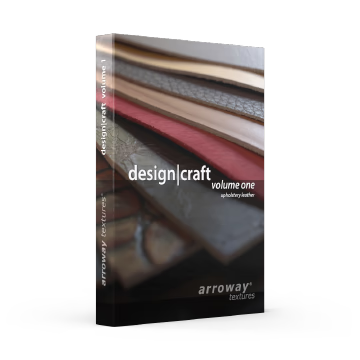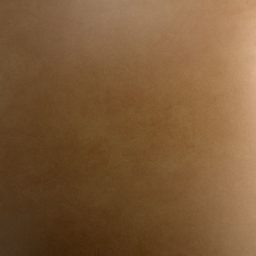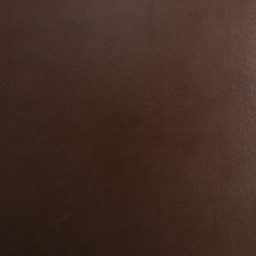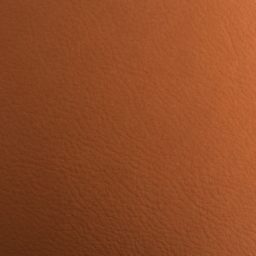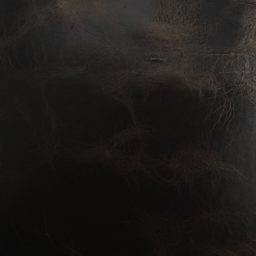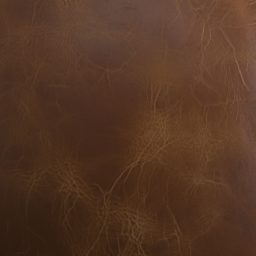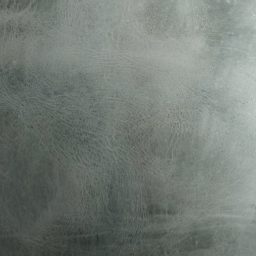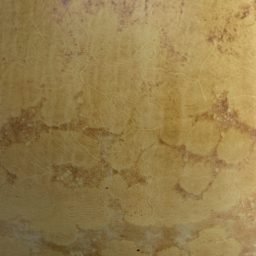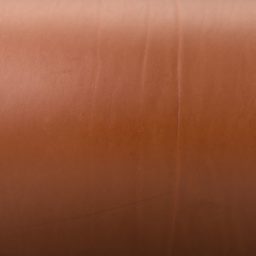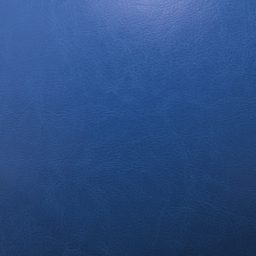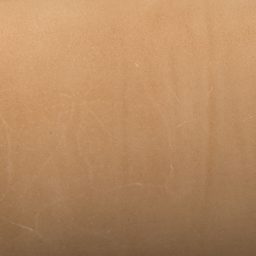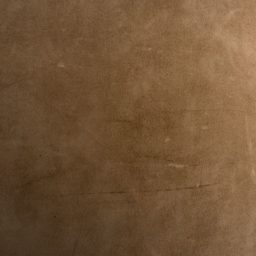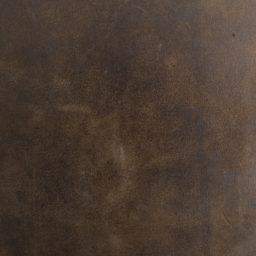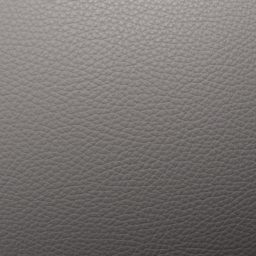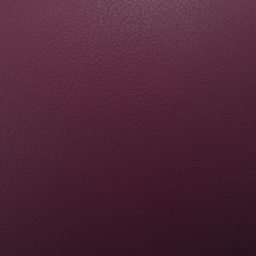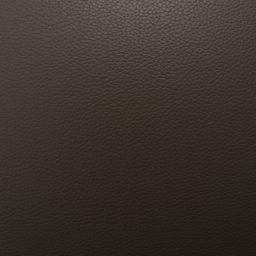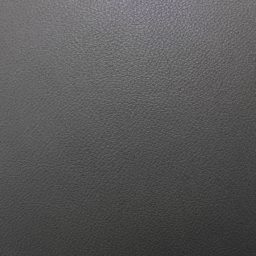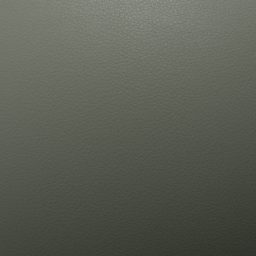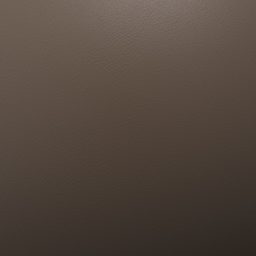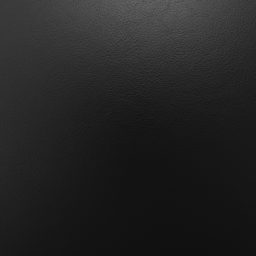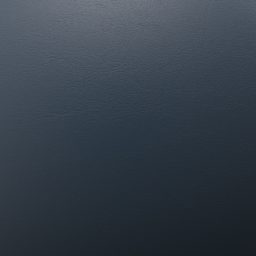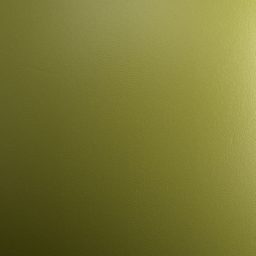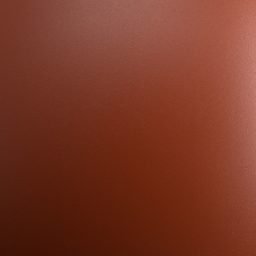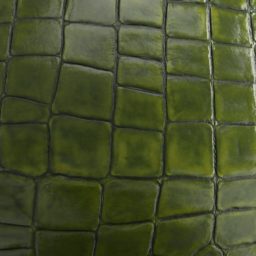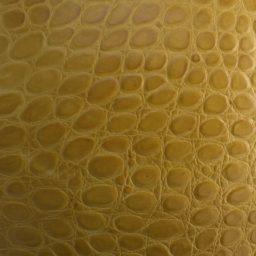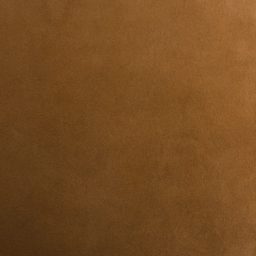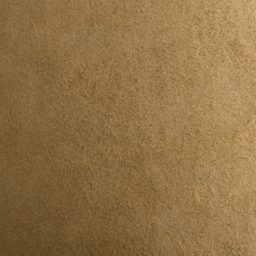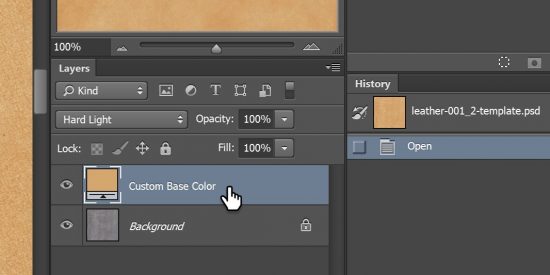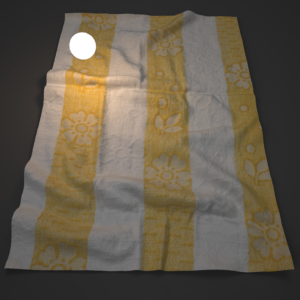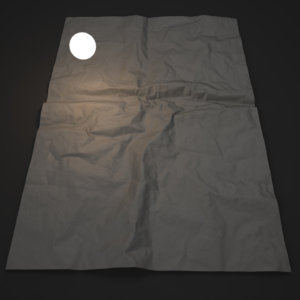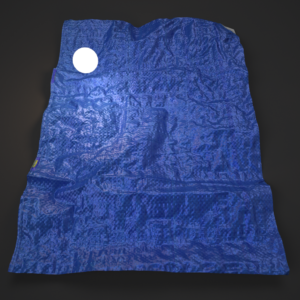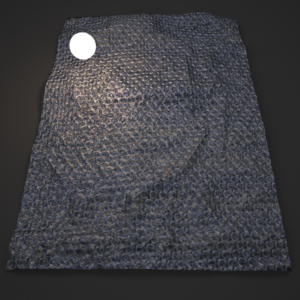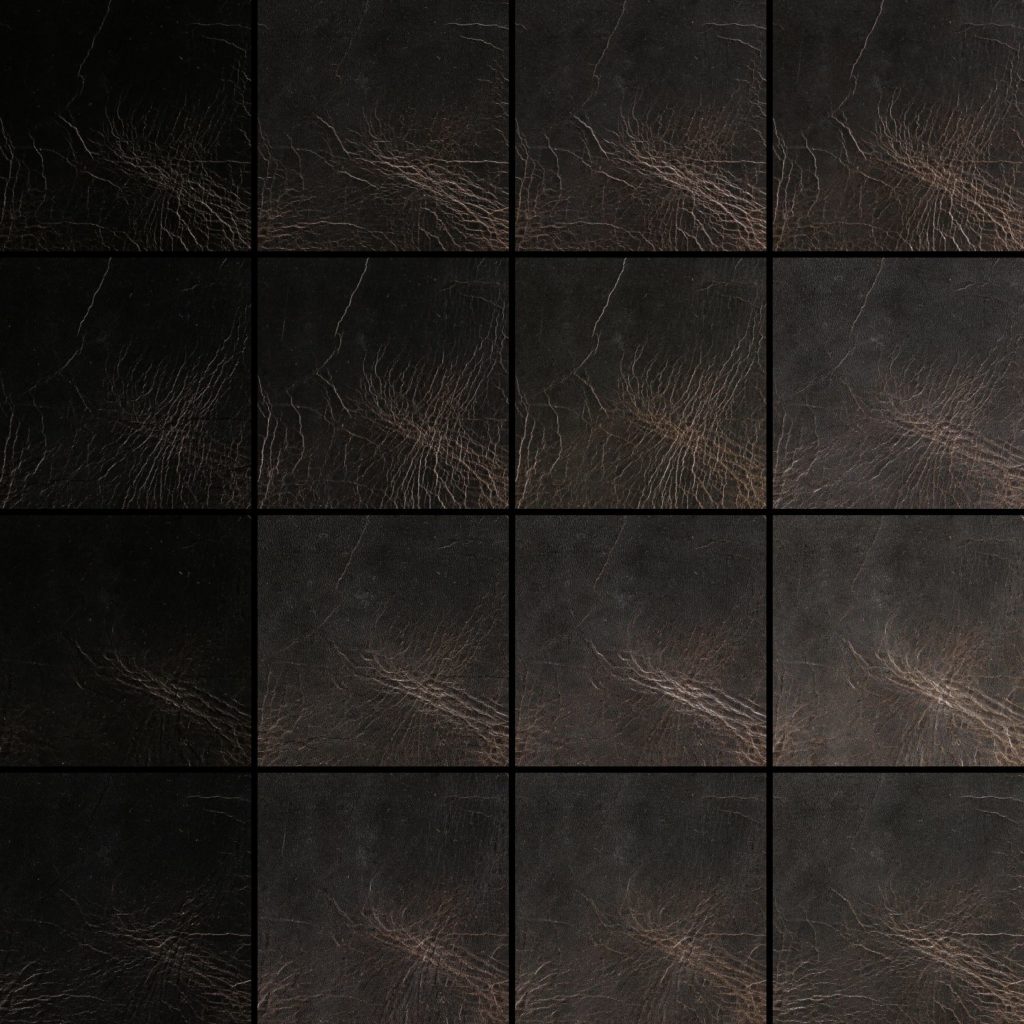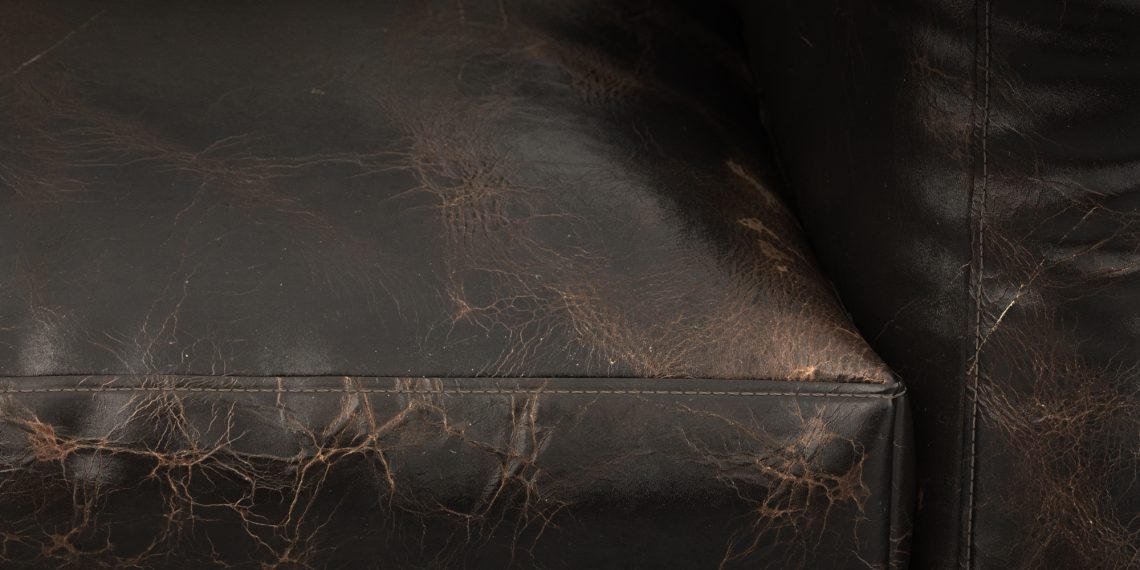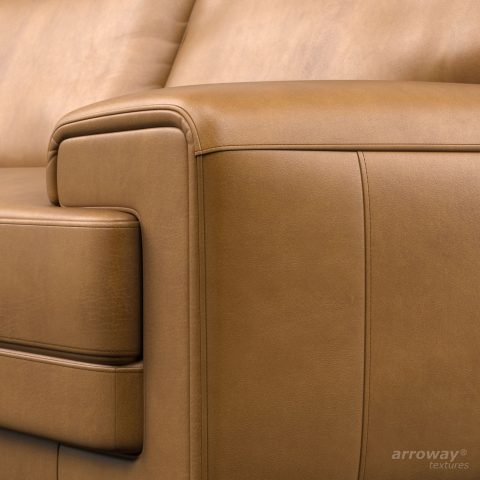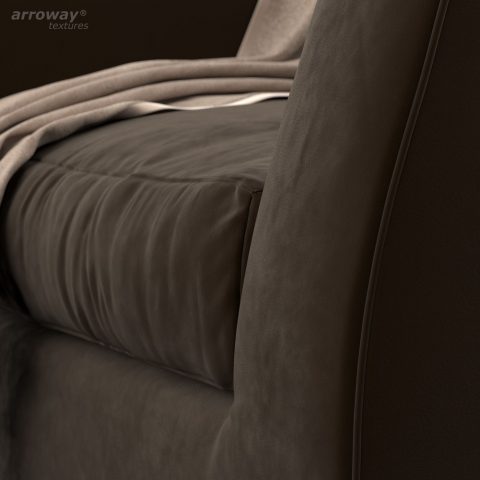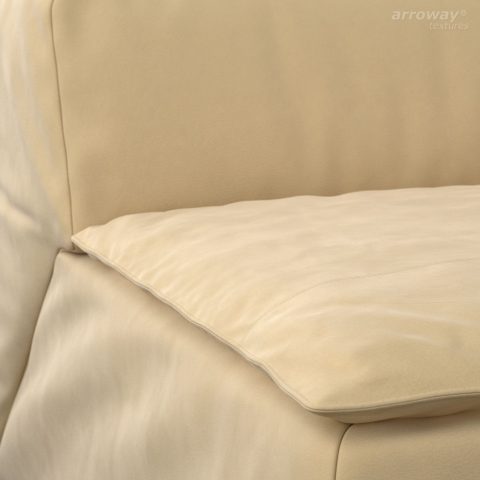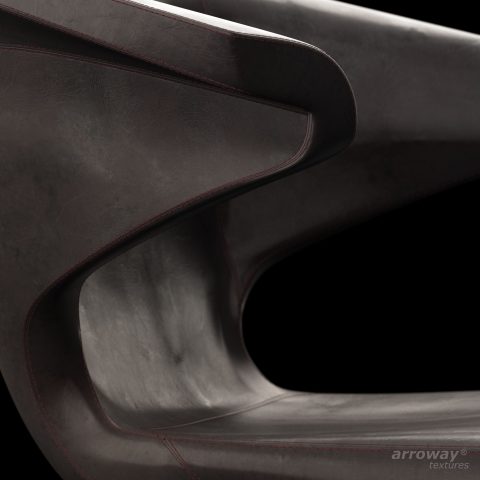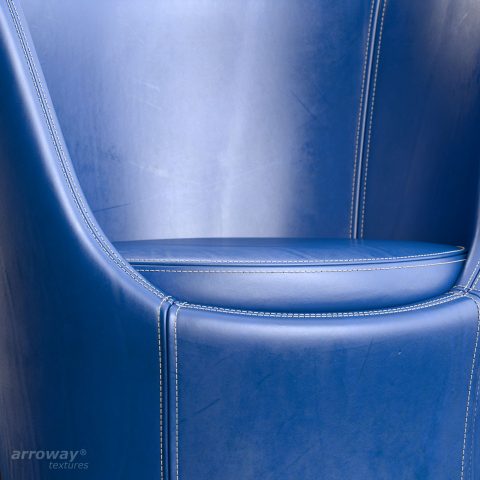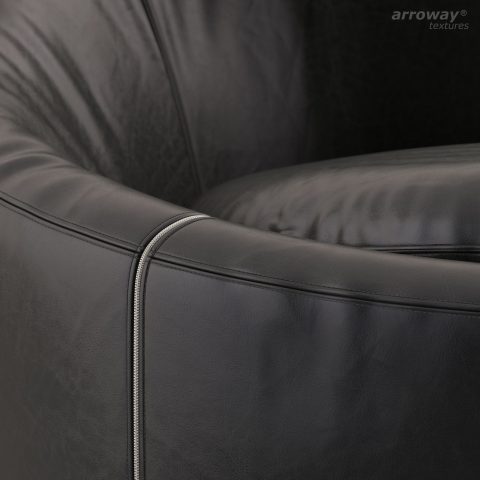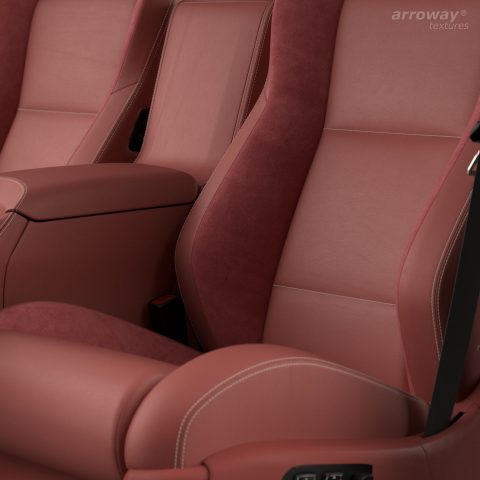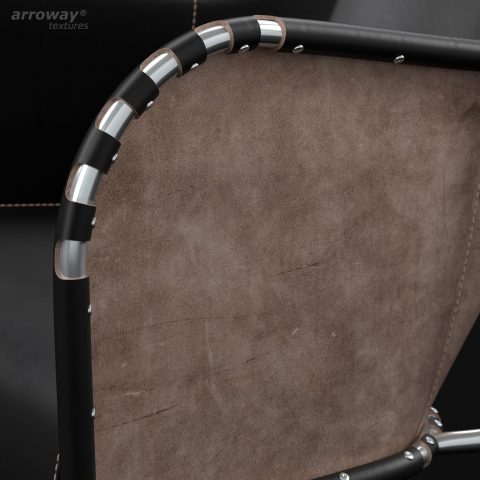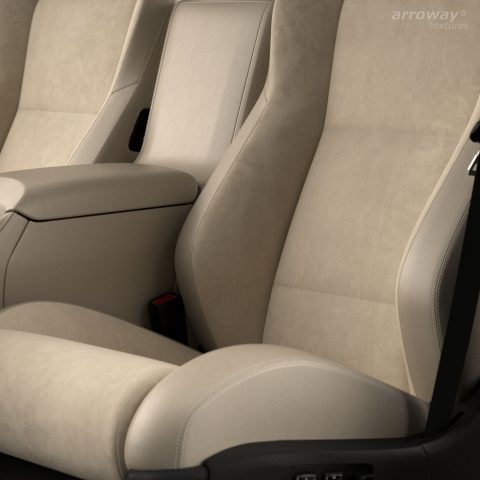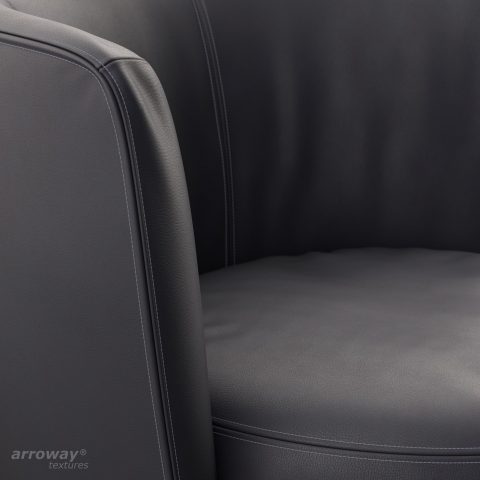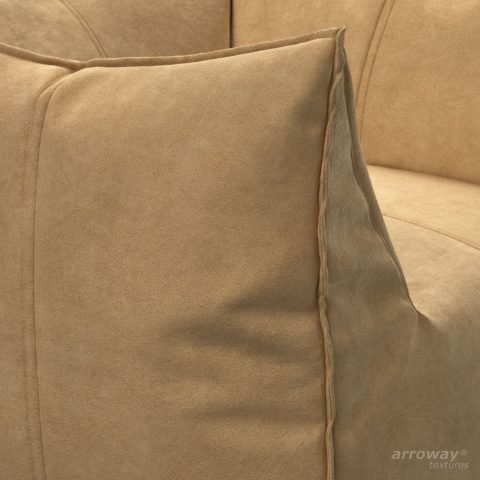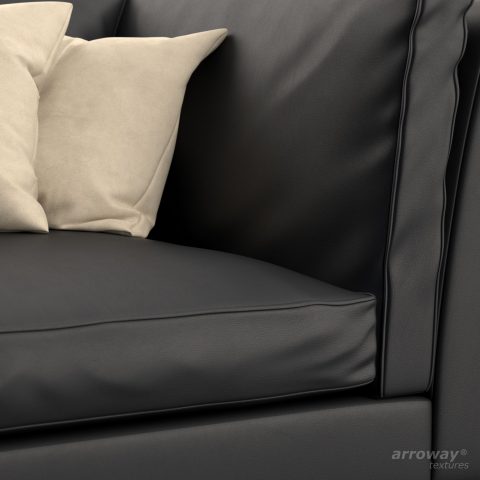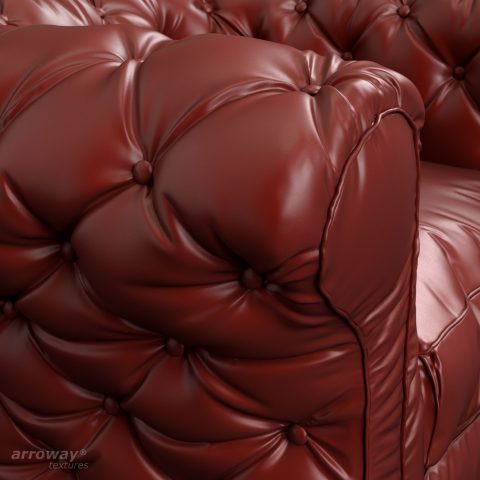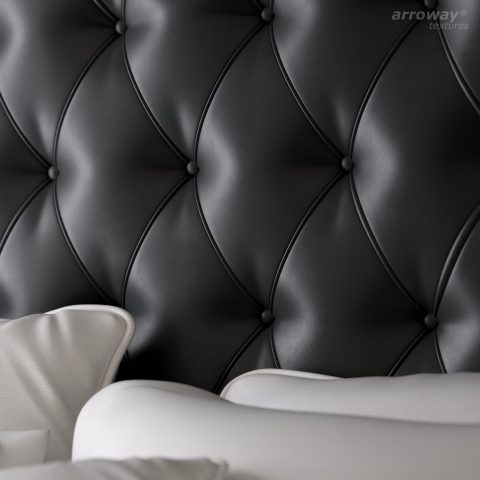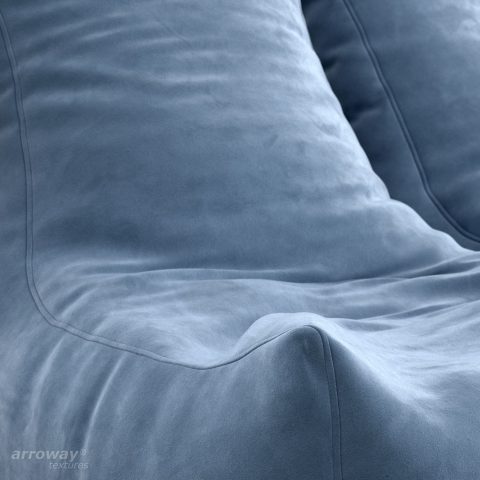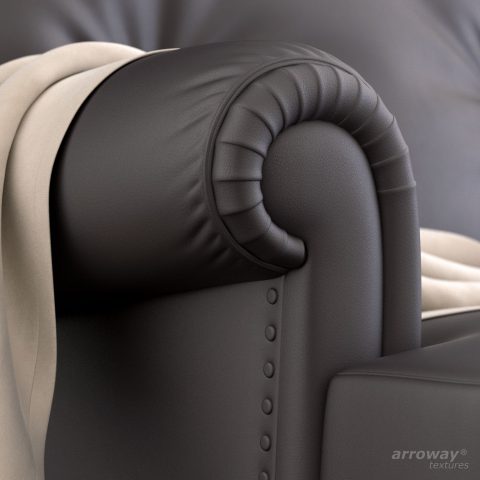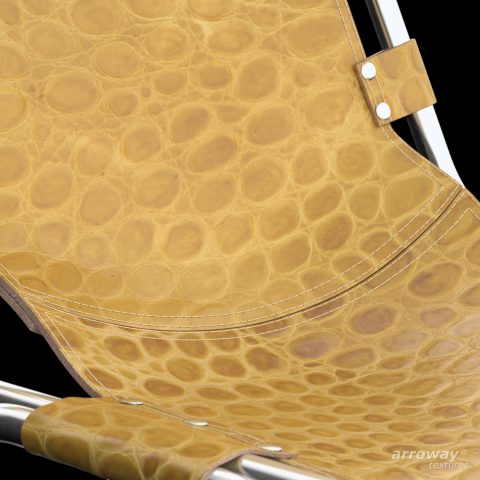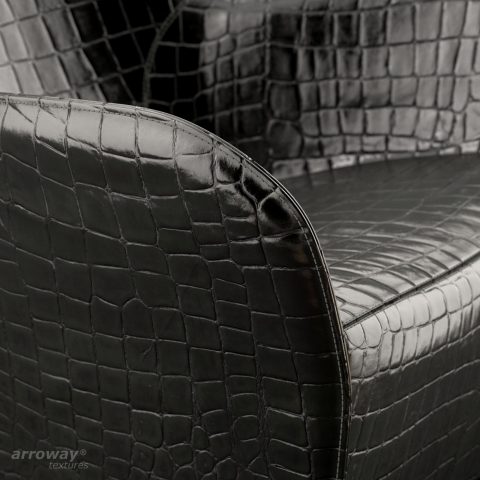Details
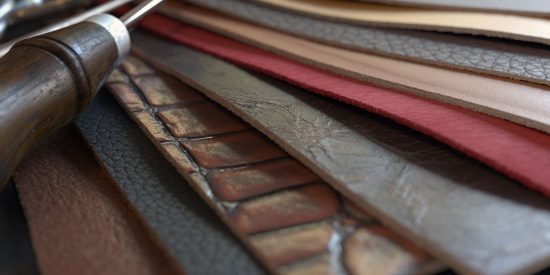
Leather Textures
This collection contains 26 different leather texture sets. We carefully chose a wide range of types and styles of leather commonly used for furniture and interior decoration. Apart from a plethora of standard leathers, there are also various vintage and rustic leathers, leathers with special coatings and treatments, suede and split leathers, as well as a number of exotic leathers.
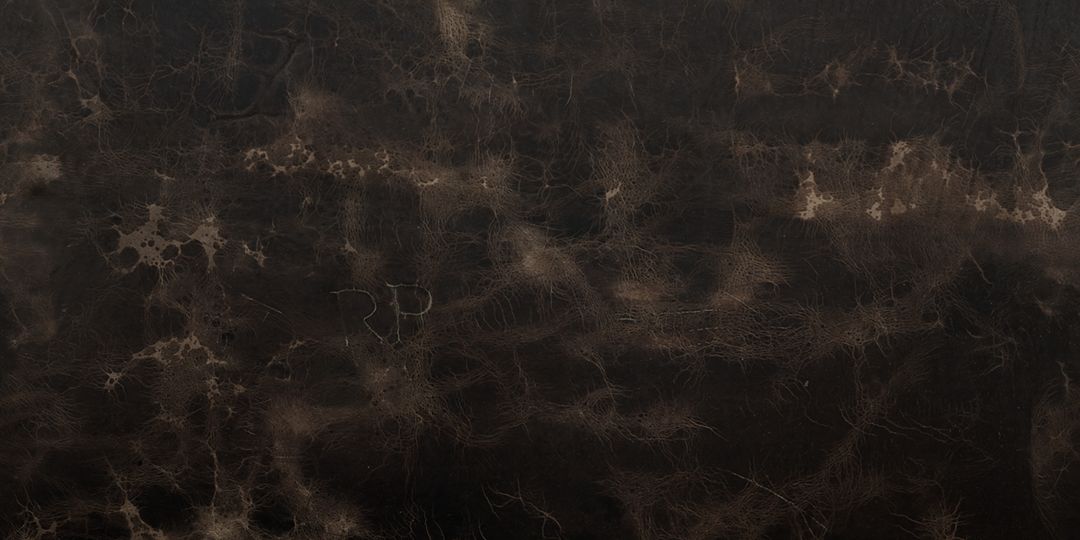
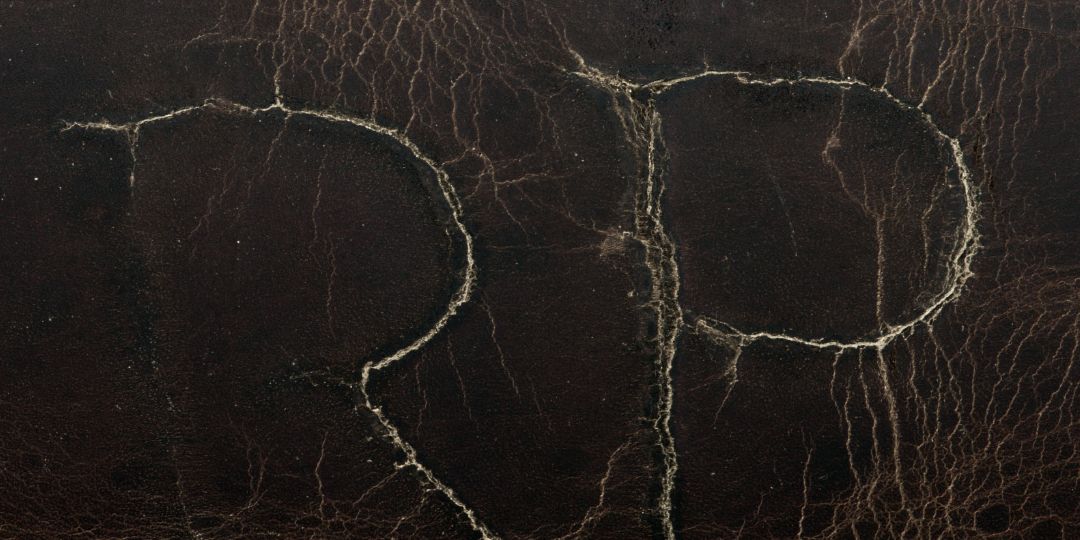
Area vs. Resolution
Most textures come in two different size/resolution variants. One with a larger surface area (up to 2.5m²) at a lower resolution, and one that provides a higher resolution for a smaller area (up to 500dpi). This allows for both, large-scale applications on furniture, as well as small-scale applications in close-up.
Map Types
Along with a range of color variations, each texture primarily consists of a normal map and a reflectivity map, which play an essential role in producing authentic rendering results.
Additionally, a bump map is provided for cases where a normal map cannot be used. This map could also serve as a displacement map where appropriate, e.g. the exotic leathers.
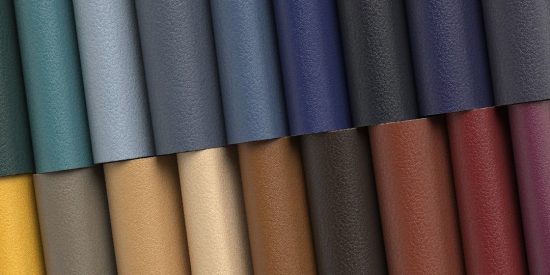
Color Variations
Every texture comes with 10 to 18 pre-made color variations.
Custom color templates
Although we tried to create a balanced color palette for every leather, you might need/want a particular leather in a particular color. For this purpose we have included easy to use template files for Adobe Photoshop™ that allow you to quickly create custom diffuse maps for any leather and in any color.
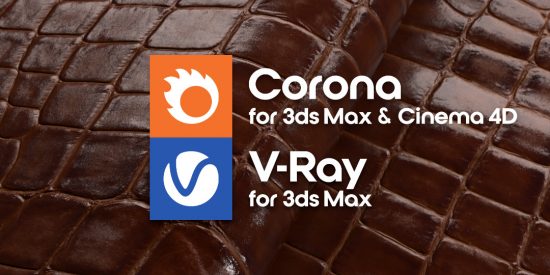
Ready-to-use Materials
We have included ready-to-use material setups for Corona™ (for 3ds Max™ 2017+ and Cinema 4D), as well as VRay™ (for 3ds Max™ 2017+).
Materials setups for other software following soon! Let us know below which we should prioritize.
Our New Scanning Process
Leather is one of these materials the appearance of which is defined in large part by their surface structure, not just surface color. So we knew from the outset that our conventional approach wouldn’t do.
Instead we developed an entirely new photo-optical scanning process, consisting of custom hardware and software that allows us to capture a multiplicity of surface characteristics of nearly any kind of physical material. Most importantly, it can capture 3D surface and roughness information at pixel resolution. Other properties such as opacity, translucency and anisotropy can also be captured, which we will use for later products.
With this new scanning process we are able to digitize materials with an arbitrary surface area at (almost) arbitrary resolutions.
How It Works
We start with a series of photographs of the surface under different and very carefully controlled lighting conditions. All these images are then fed into a custom piece of software that basically tries to answer the following question: If the surface looks like this in this image and like that in that image, what would the surface’s 3D structure necessarily need to look like?
Doing this for each pixel in a large number of individual image pairs makes it possible to create a precise reconstruction of the original surface. Other surface properties are extracted in similar ways, e.g. using polarized light or high-dynamic range image data.
There is of course a lot more to it and a number of unforeseen difficulties – most of which on the hardware side – had to be overcome to make it all work. The final process ended up being rather involved and taking lots of time and processing power. But we think the results are worth the effort and speak for themselves.


